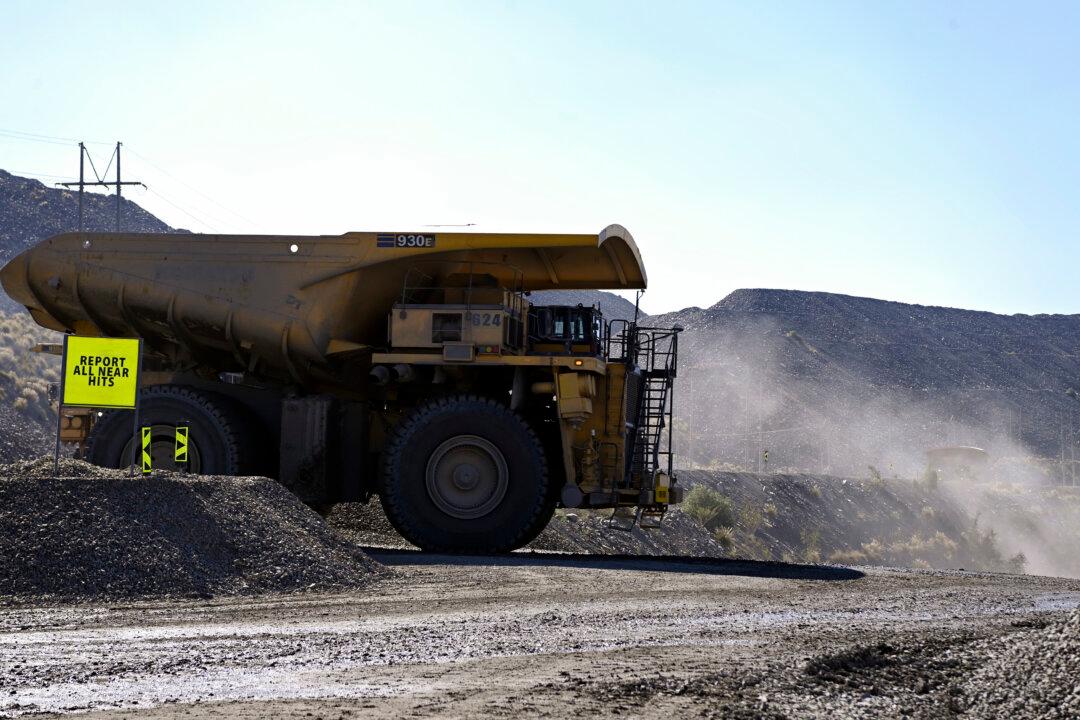JOHANNESBURG—Diplomats and officials from several leading African economies say the United States and China are pressuring them to make an “impossible choice,” as the superpowers fight a trade war that threatens to erode weak economies further.
Senior members of African governments, including those of South Africa, Egypt, Kenya and Nigeria, said Beijing has warned them it will retaliate against countries that sign trade agreements with the United States “at China’s expense.”





